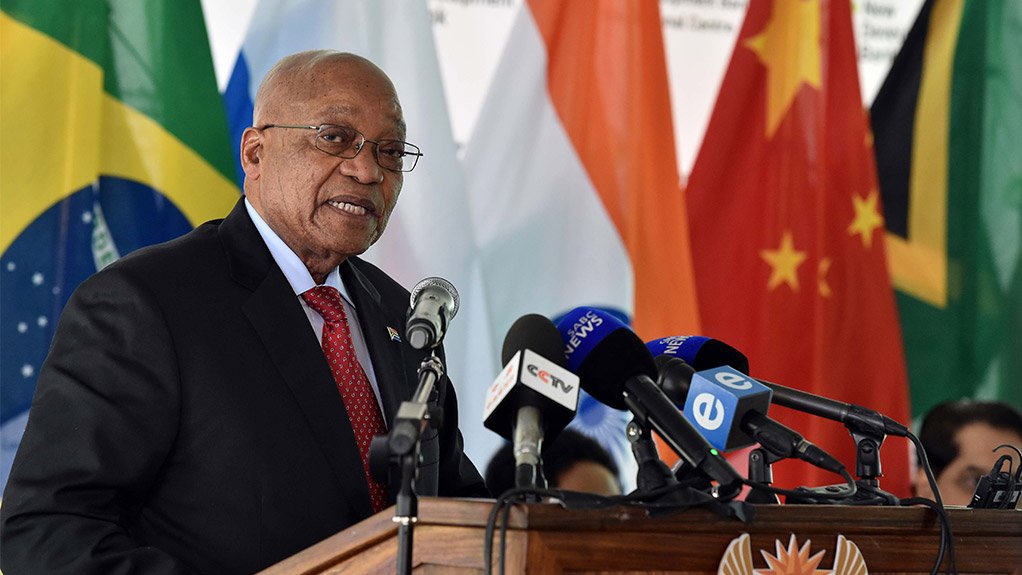President Jacob Zuma called on South Africans on Monday to remember, celebrate and preserve the legacy of Black Consciousness Movement leader and struggle hero, Stephen Bantu Biko, who died in custody as a result of police brutality on 12 September 1977, as the country gets ready to mark the 40th anniversary of his death.
“To mark this sad episode in the history of the South African struggle for liberation, President Jacob Zuma will visit Kgosi Mampuru Correctional Centre tomorrow [Tuesday] and lay a wreath at the cell in which Mr Biko died,” the presidency said in a statement.
“Mr Biko died in a police cell at the then Pretoria Central Prison (now Kgosi Mampuru Correctional Centre) following his arrest in August 1977. He had been savagely beaten by apartheid security police while in police detention in Port Elizabeth and sustained serious injuries, including brain damage. He had been kept naked and chained and was not accorded any dignity. Failed by doctors who connived with the security police, he was transported to Pretoria from Port Elizabeth despite being seriously ill from the beatings. His death caused outrage locally and abroad.”
President Zuma said Biko’s leadership and ideals inspired not only South African liberation struggle activists in South Africa, but also many leaders and activists across the continent and the world who pursued an anti-racist, anti-colonial and anti-imperialist agenda.
“Steve Biko fought white supremacy and was equally disturbed by what he saw as an inferiority complex amongst black people. He emphasised the need for psychological liberation for black people, to accompany physical liberation to undo the damage caused by apartheid. He advocated black pride and black self-reliance, believing that black people should be their own liberators and lead organisations fighting for freedom. He practiced what he preached with regards to self-reliance and led the establishment of several community projects which were aimed at improving the lives of the people. His ideals of self-reliance are more relevant than ever now as we push a radical socio-economic transformation agenda and the de-racialisation of the ownership, control and management of the economy,” said Zuma.
The presidency said that the government continued to honour the memory and legacy of Biko.
“Government dedicated this year’s National Human Rights Day commemoration on 21 March 2017 to Steve Biko, acknowledging his contribution to the struggle for liberation and human rights for all in the country. The national commemoration was held in King William’s Town and President Zuma unveiled the Biko grave site and memorial,” said the presidency.
“Government, through the Department of Arts and Culture provided R130-million to the Steve Biko Foundation to develop the Steve Biko Centre, a national legacy project based in Ginsberg Township in the Eastern Cape. The centre was officially launched on November 2012 and focuses on translating global interest in the legacy of Mr Biko into a developmental resource for the region.”
“Steve Biko suffered great abuse, harassment and torture over a period of time and paid the supreme price for the liberation of black people from oppression and bondage. We shall always remember his sacrifice and contribution. We also thank the international community for honouring this great man and patriot in various ways,” Zuma added.
EMAIL THIS ARTICLE SAVE THIS ARTICLE
To subscribe email subscriptions@creamermedia.co.za or click here
To advertise email advertising@creamermedia.co.za or click here











